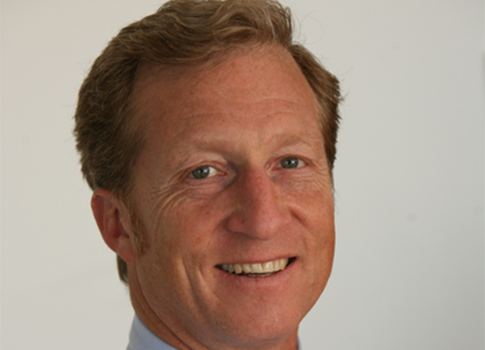[h=2]Steyer to Double Down on Failed 2014 Strategy[/h]
EMAIL

BY: Washington Free Beacon Staff
April 6, 2015 3:57 pm
The Super PAC founded and funded by billionaire environmentalist Tom Steyer plans to employ the same political playbook in the 2016 cycle that failed to win key races during last year’s midterms.
NextGen Climate Action will hit Republican candidates on climate and energy issues and their supposed ties to libertarian philanthropists Charles and David Koch, its top strategist said on Monday.
The strategy is similar to the one employed by NextGen last year, which produced disappointing results. Four of seven NextGen-backed candidates lost, and polls moved in the Republican direction in all but one race after Steyer’s group got involved.
Steyer spent more than $73 million on the midterms, making him by far the largest contributor to independent political groups during the 2014 election cycle.
NextGen strategist Chris Lehane said on Monday that the group will spend “whatever it takes” during the 2016 cycle, National Journal reported on Monday.
Tom Steyer / Wikimedia Commons
BY: Washington Free Beacon Staff
April 6, 2015 3:57 pm
The Super PAC founded and funded by billionaire environmentalist Tom Steyer plans to employ the same political playbook in the 2016 cycle that failed to win key races during last year’s midterms.
NextGen Climate Action will hit Republican candidates on climate and energy issues and their supposed ties to libertarian philanthropists Charles and David Koch, its top strategist said on Monday.
The strategy is similar to the one employed by NextGen last year, which produced disappointing results. Four of seven NextGen-backed candidates lost, and polls moved in the Republican direction in all but one race after Steyer’s group got involved.
Steyer spent more than $73 million on the midterms, making him by far the largest contributor to independent political groups during the 2014 election cycle.
NextGen strategist Chris Lehane said on Monday that the group will spend “whatever it takes” during the 2016 cycle, National Journal reported on Monday.
“2016 is a crossroads election when it comes to climate,” Lehane said, warning that without public policy to rein in greenhouse-gas emissions, “the climate change apocalypse will be unleashed.”
According to Lehane, NextGen will work to elevate climate to the status of a top-tier electoral issue and make climate change a wedge issue on the road to the White House in 2016. The climate push known as “the Hot Seat” will operate out of San Francisco, with satellite offices in D.C. and across the country.
According to Lehane, NextGen will work to elevate climate to the status of a top-tier electoral issue and make climate change a wedge issue on the road to the White House in 2016. The climate push known as “the Hot Seat” will operate out of San Francisco, with satellite offices in D.C. and across the country.





